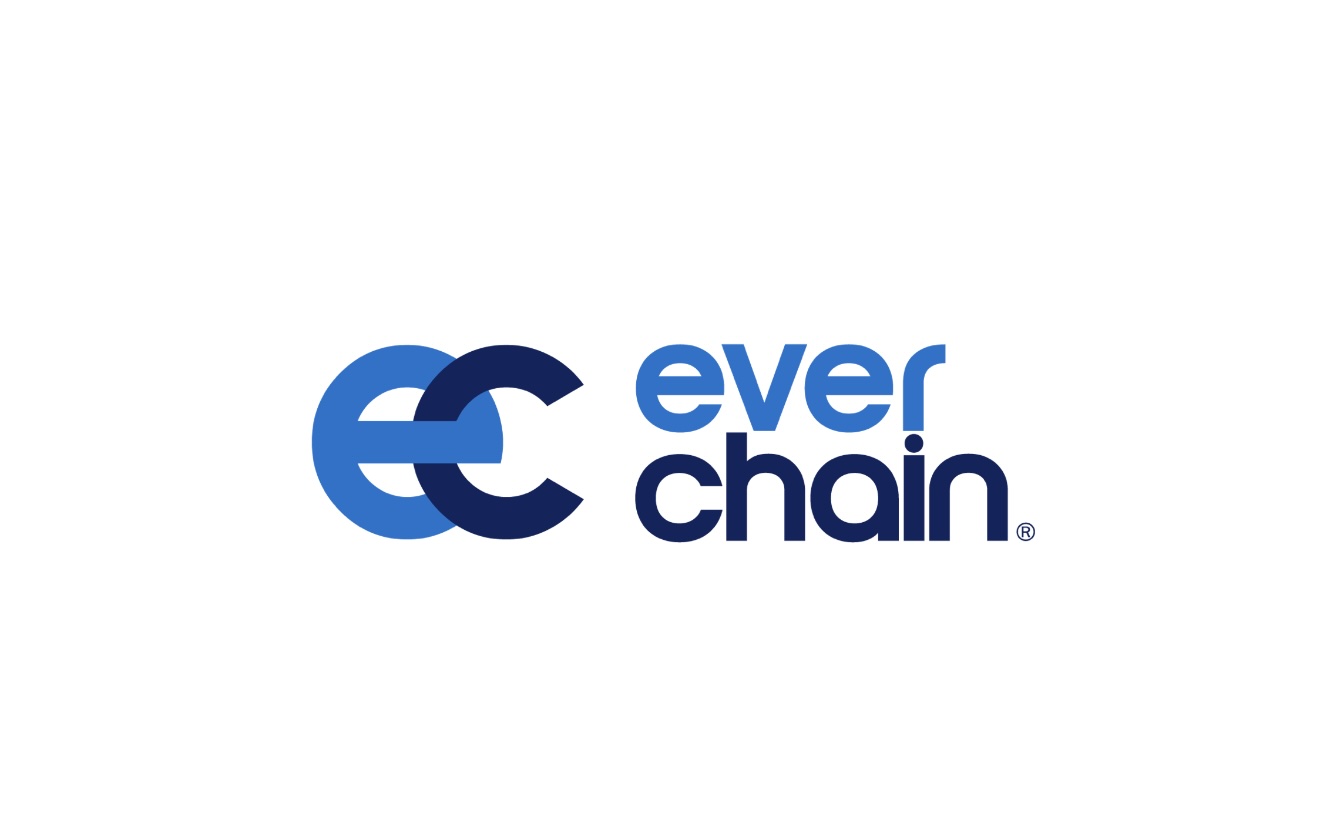Source: site

How the Program Works
Patrons typically bring items such as canned goods to the library, which are then donated to local food banks or pantries. For example, at the Yorba Linda Public Library, donating two cans of food waives $1 in overdue fines, and larger donations can eliminate higher amounts of debt. Similar programs run across the United States, with some libraries also accepting online donations as part of virtual food drives.
Community Impact
This program benefits both donors and recipients. People facing food insecurity can receive support from the donated goods, while library users get financial relief from late fees. Libraries report that Food for Fines campaigns often collect more food than the amount needed to clear fines, showing strong community support for neighbors in need.
Limitations and Terms
Food for Fines generally applies only to overdue fines and not to charges for lost or damaged items. The types of accepted donations are usually limited to non-perishable, unopened, and unexpired items such as canned goods, boxed food, or hygiene products.
Example Programs
-
Yorba Linda Public Library: Runs the program through December 20, 2025, allowing donations in person or online.
-
Santa Barbara Public Library: Partners with regional charities, forgiving fees with each bag of three or more non-perishable items donated.
-
Logan Library (Utah): Offers 50 cents off in fines for each food item donated, up to $25 per account.
- Sara Hightower Regional Library System
Food for Fines programs encourage community engagement, combat food insecurity, and foster goodwill between libraries and their patrons.




